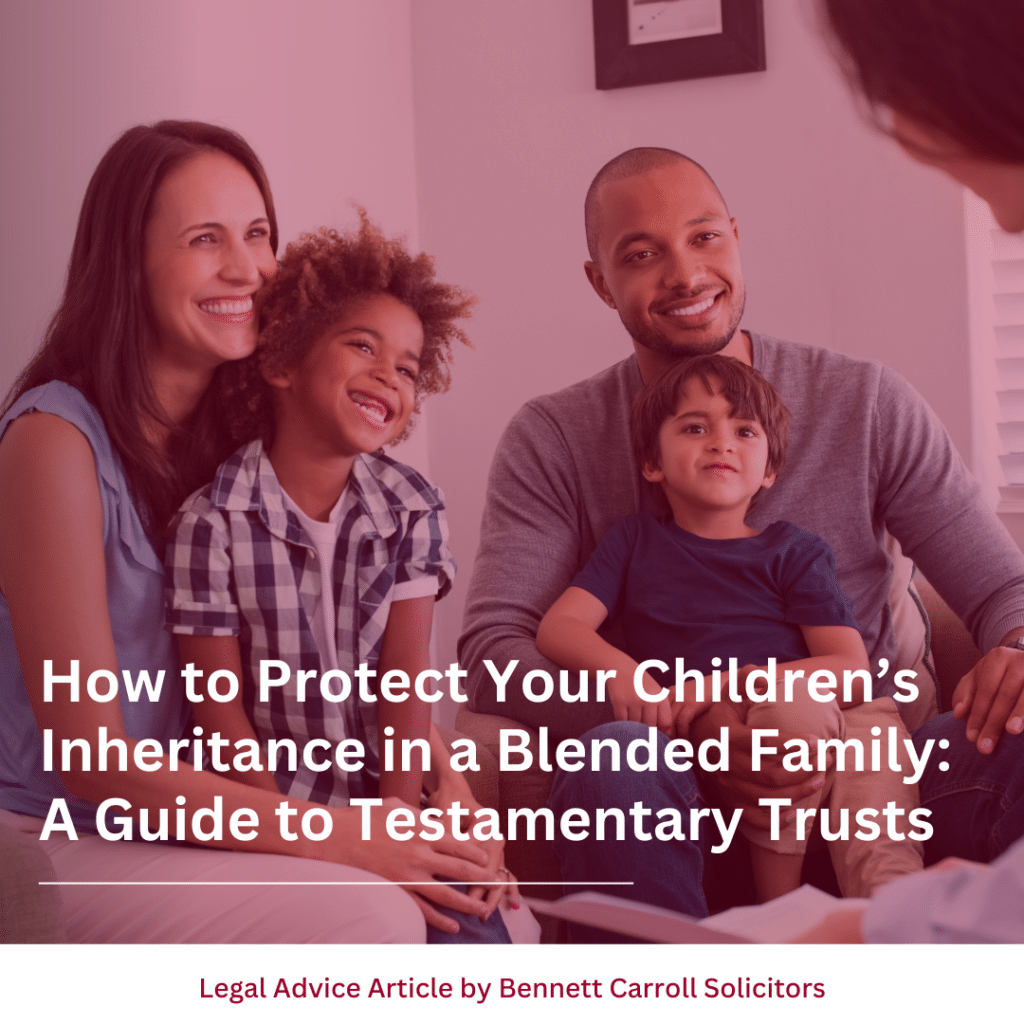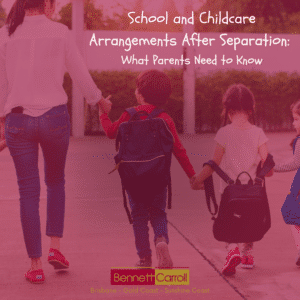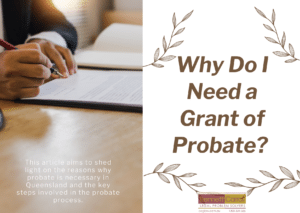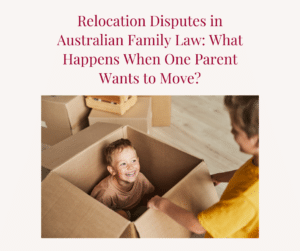Blended families bring unique dynamics, and estate planning for such families in Queensland requires extra care. Protecting your children’s inheritance, especially if they’re from a previous relationship, can be challenging when you also wish to provide for a new spouse. A testamentary trust in Queensland offers a flexible solution, allowing you to safeguard your children’s inheritance while providing for your current spouse.
What is a Testamentary Trust?
A testamentary trust is a trust that is created upon your death, as stipulated in your will. Unlike a straightforward will where assets are distributed immediately, a testamentary trust holds and manages assets on behalf of beneficiaries, according to your specific instructions. It can ensure that your children eventually receive their inheritance, even if your spouse is still living.
Why Use a Testamentary Trust for a Blended Family?
In a blended family, leaving all your assets directly to your spouse may result in your children from a previous relationship missing out on their inheritance. This can happen if your spouse remarries, or if they choose to distribute the assets differently in their own will. A testamentary trust addresses this by:
- Protecting children from a previous relationship: Ensuring that part of your estate is set aside for them.
- Allowing your spouse to access income or assets: The trust can provide for your spouse during their lifetime while protecting the remaining assets for your children.
- Preventing disputes: A clearly defined trust minimises the likelihood of legal disputes between your spouse and children.
Setting Up a Testamentary Trust for Your Blended Family
When setting up a testamentary trust, it’s important to clearly define the terms. You should consider:
- Who will be the trustee?: The trustee will manage the assets on behalf of the beneficiaries. You can appoint a trusted third party or a professional to ensure impartiality.
- What assets will be included in the trust?: You can choose to include property, investments, and other assets.
- How will the trust be structured?: You can specify that your spouse can live in the family home or access income from investments, but the principal (capital) will eventually pass to your children.
Tax and Legal Considerations
A testamentary trust has tax benefits for minors, as income distributed from the trust is taxed at adult rates. There are also legal considerations, such as ensuring your will and trust comply with Australian laws and properly account for all beneficiaries. Consulting an experienced lawyer is essential to ensure that the trust is structured correctly.
Conclusion: Protecting Your Family’s Legacy
Testamentary trusts provide peace of mind for blended families, ensuring that both your spouse and your children are looked after according to your wishes. By carefully planning your estate, you can balance the interests of all family members, preventing future conflict and protecting your children’s inheritance.
Ensure your family’s future is secure with the right estate planning tools. At Bennett Carroll Solicitors, we specialise in creating testamentary trusts tailored to blended families in Queensland. Protect your children’s inheritance and provide for your spouse with expert legal advice. Contact our experienced estate lawyers today to discuss how a testamentary trust can safeguard your legacy. Schedule a consultation now to ensure your family’s financial future is in safe hands.
At Bennett Carroll Solicitors, we understand the importance of protecting your family’s legacy, especially in blended families. A testamentary trust is a powerful tool for ensuring your spouse is provided for while safeguarding your children’s inheritance. Our expert estate lawyers across Brisbane, Gold Coast, and Sunshine Coast are here to tailor a solution for your family’s unique needs.
Start planning for your family’s future today. Contact us for a consultation at our South East Queensland offices to ensure your loved ones are looked after in the way you choose.

For more information on estate planning and family law, check out these resources:
- Australian Government’s MoneySmart Estate Planning Guide
- Australian Securities and Investments Commission’s guide on Wills and Inheritance








